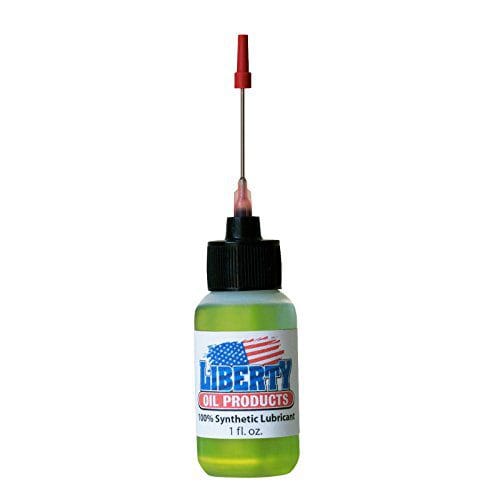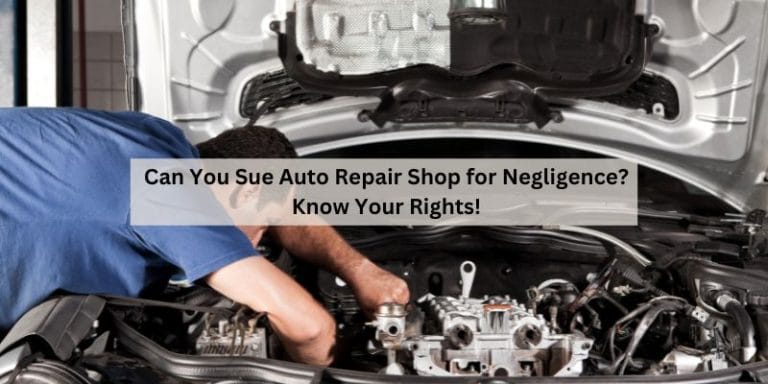How Do Auto Repair Loans Work: Quick Fix Financing!
Auto repair loans work by providing borrowers with a lump sum of money to cover the cost of vehicle repairs, which is then paid back over time, typically with interest. These loans can be secured or unsecured, and the specific requirements and terms will vary depending on the lender and type of loan chosen.
Auto repair loans can be beneficial for individuals who need immediate funds to cover unexpected repair expenses and may not have the cash readily available. By taking out a loan, borrowers can have their vehicles repaired and then repay the loan in manageable installments.
This can help individuals maintain their vehicles and avoid further damage or inconvenience.
Introduction To Auto Repair Loans
The basics of auto repair financing involve considering a loan for car repairs when faced with unexpected and costly vehicle issues. Auto repair loans work by providing the necessary funds to cover repair expenses, allowing individuals to address mechanical issues without causing financial strain. These loans are particularly beneficial for individuals who do not have sufficient savings to cover the costs of unexpected repairs. By leveraging auto repair loans, individuals can ensure that their vehicles remain in optimal condition without compromising their financial stability.
Types Of Auto Repair Loans
Auto repair loans can be categorized into secured and unsecured loans. Secured loans require collateral, such as a car title, and typically have lower interest rates. Unsecured loans do not require collateral but have higher interest rates. Personal loans are a common type of unsecured loan and can be used for various purposes, including auto repairs. Title loans, on the other hand, require the borrower to use their vehicle’s title as collateral. Payday loans are short-term, high-cost loans, often used as a last resort for auto repairs. Understanding the differences between these loan types can help borrowers make informed decisions when seeking financing for auto repairs.
Qualifying For Auto Repair Financing
Auto repair loans work by providing financial assistance to cover the costs of vehicle repairs. When it comes to qualifying for auto repair financing, credit score requirements play a crucial role. Lenders typically consider the applicant’s credit score to assess their creditworthiness. Income verification is another essential aspect of the qualification process. Lenders may require borrowers to provide proof of income to ensure that they have the financial capability to repay the loan. By meeting these criteria, individuals can secure the necessary funds to address their auto repair needs.
The Application Process
|
When applying for an auto repair loan, there are a few steps you need to follow:
It’s essential to have all the required documentation ready when applying for an auto repair loan to avoid any delays in the approval process. You should also make sure that you understand the terms and conditions of the loan, including the interest rate and repayment schedule, before agreeing to the loan. |
Understanding Loan Terms
Understanding Loan Terms is crucial when it comes to How Do Auto Repair Loans Work. These loans allow you to pay for vehicle repair costs upfront and then repay the amount over time in affordable installments. Whether it’s a personal loan or a specific auto repair loan, it’s important to understand the terms and conditions before committing to any financial agreement.
|
Auto repair loans work by providing a lump sum of money to cover the cost of vehicle repairs. The loan is then repaid over time, typically with interest. Understanding the loan terms is important to ensure that you are getting the best deal possible. Interest rates and fees vary from lender to lender, so it’s important to shop around and compare offers. The repayment period and monthly payments will also vary depending on the loan terms. Some loans may have longer repayment periods, but higher interest rates, while others may have shorter repayment periods, but lower interest rates. It’s important to choose a loan that fits your budget and financial needs. |
Pros And Cons Of Auto Repair Loans
Auto repair loans can be a helpful solution for covering the cost of vehicle repairs. They provide a lump sum payment to cover the expenses, which can then be paid back over time. However, it’s important to consider the potential drawbacks, such as higher interest rates and the possibility of damaging your finances if you’re not careful with the monthly payments.
Alternatives To Auto Repair Loans
Looking for alternatives to auto repair loans? Consider options like personal loans, credit cards, or seeking assistance from local organizations that provide financial aid for car repairs. These options can help you cover the cost of repairs without the need for a specialized auto repair loan.
| Alternatives to Auto Repair Loans |
| If you’re in need of auto repairs and don’t have the funds to pay for them upfront, there are a few alternatives to consider. One option is to dip into your savings account or emergency fund if you have one. Another option is to use a credit card to pay for the repairs, but be sure to check the interest rates and any potential fees associated with using credit. Some repair shops may also offer payment plans, so it’s worth asking if that’s an option. It’s important to weigh the pros and cons of each alternative before making a decision. |
Impact On Your Credit Score
Auto repair loans can have a significant impact on your credit score. Timely payments can boost your score, while missed payments can damage it. To protect your credit, make payments on time and avoid taking on more debt than you can handle.
Repair Loan Success Stories
Auto repair loans can be a lifesaver when unexpected car repairs arise. These loans provide the necessary funds to get your vehicle back on the road quickly. Many people have shared their success stories of using auto repair loans to address urgent repairs. Case studies show how these loans facilitated necessary repairs and allowed individuals to continue using their vehicles without facing financial strain. When faced with a sudden repair expense, auto repair loans offer a practical solution, ensuring that individuals can address their car’s needs without delay. These loans have proven to be an effective way to manage unexpected repair costs and maintain reliable transportation.
Navigating Challenges
Auto repair loans work by providing financial assistance to cover the costs of vehicle repairs. When faced with high-interest rates, it’s crucial to carefully review the terms and conditions to avoid falling into a cycle of debt. Additionally, it’s important to be vigilant and steer clear of potential loan scams. Understanding the specifics of auto repair loans and their repayment options is essential for making informed financial decisions.
Loan Repayment Strategies
|
Budgeting for loan repayment:
Options for early payoff:
|
Future-proofing Auto Expenses
Regular maintenance is essential to avoid large repairs. By performing routine maintenance on your vehicle, such as oil changes, tire rotations, and brake inspections, you can prevent major issues from arising. This not only helps in maintaining the performance and longevity of your car but also saves you from costly repairs down the line.
Additionally, building an emergency car fund is crucial. Setting aside a portion of your income each month specifically for car-related expenses can help you be prepared for unexpected repairs or breakdowns. Having this financial cushion allows you to address any issues promptly without having to rely on auto repair loans or credit cards.
By following these practices, you can future-proof your auto expenses and minimize the need for auto repair loans.
Frequently Asked Questions
Can Auto Loans Hurt Your Credit?
Auto loans have the potential to impact your credit score, either positively or negatively. If you make your loan payments on time and in full, it can actually help improve your credit. However, if you miss payments or default on the loan, it can hurt your credit score.
It’s important to manage your auto loan responsibly to avoid any negative impact on your credit.
Are Auto Loans A Good Idea?
Yes, auto loans can be a good idea as they spread out the cost, help build credit, and lead to ownership. However, watch out for potential drawbacks such as longer commitment, high monthly payments, and financial risks.
How Does A Fixed Rate Car Loan Work?
A fixed rate car loan works by offering a set interest rate for the entire loan term, ensuring consistent monthly payments.
How Does An Auto Loan Work?
An auto loan provides a lump sum of money to purchase a car, which is paid back over time, including interest. The amount borrowed, repayment period, and interest rate impact monthly payments.
Conclusion
Auto repair loans provide a convenient and affordable way to cover the costs of vehicle repairs. Whether it’s a major repair or routine maintenance, these loans can help you get your car back on the road without straining your finances.
With flexible financing options and the ability to repay over time, auto repair loans offer peace of mind and ensure that you can maintain the safety and reliability of your vehicle. Don’t let unexpected repairs derail your budget – consider an auto repair loan to keep your car running smoothly.







